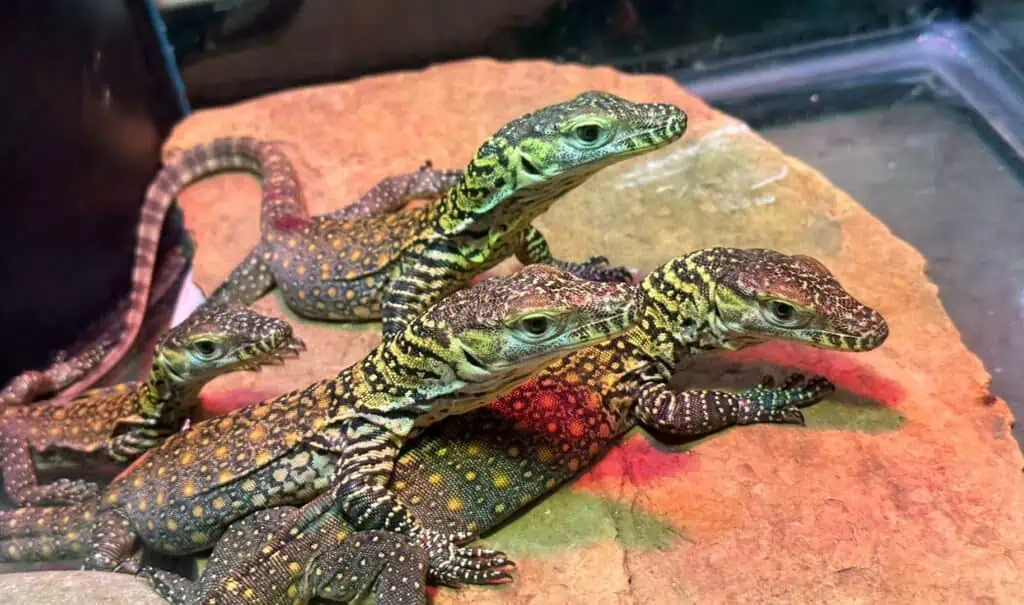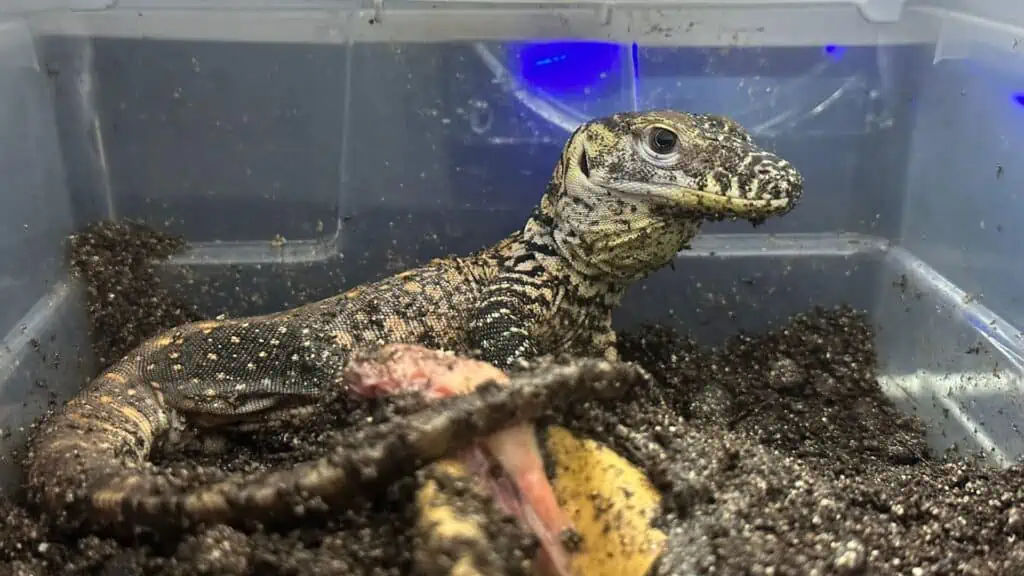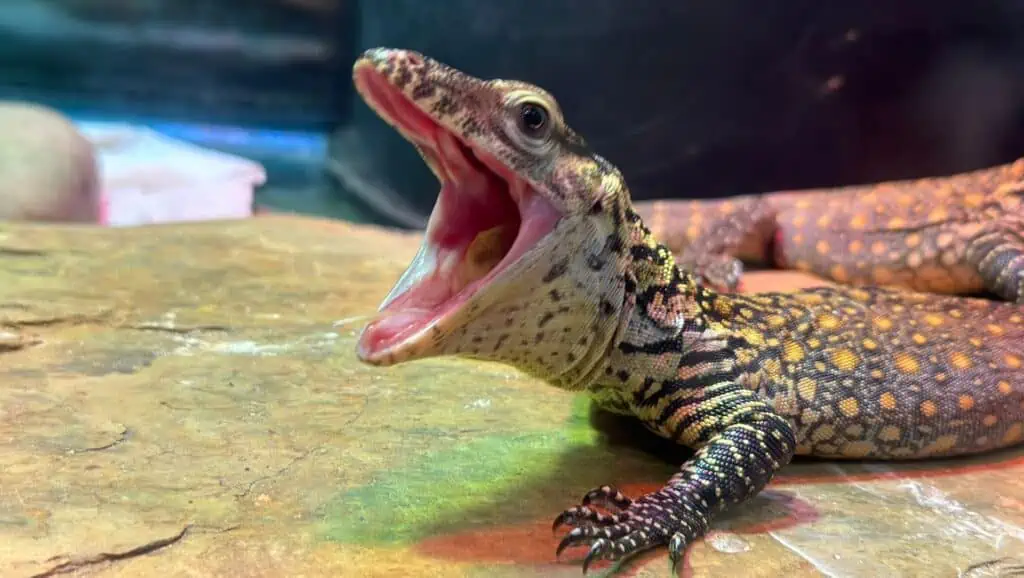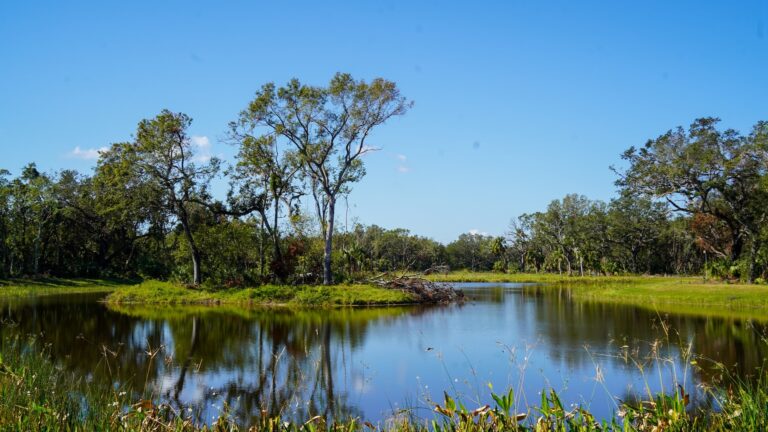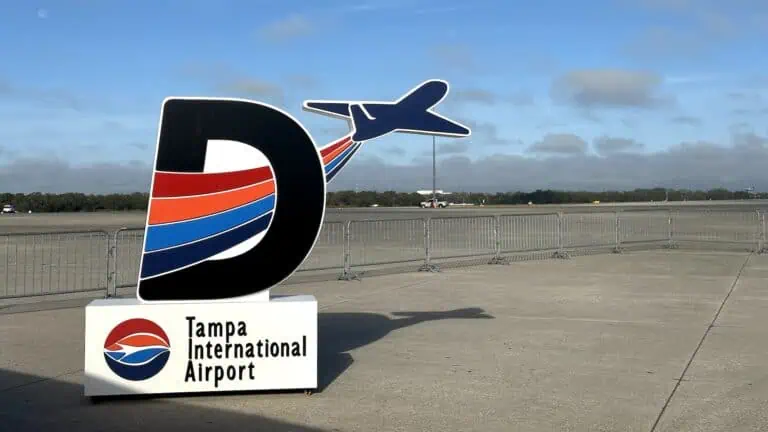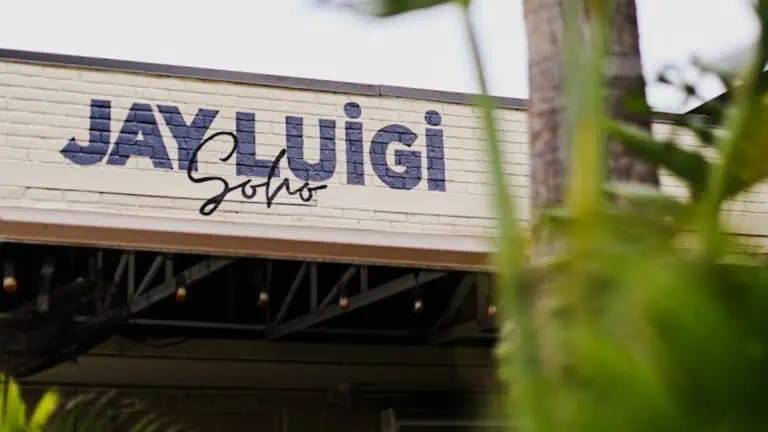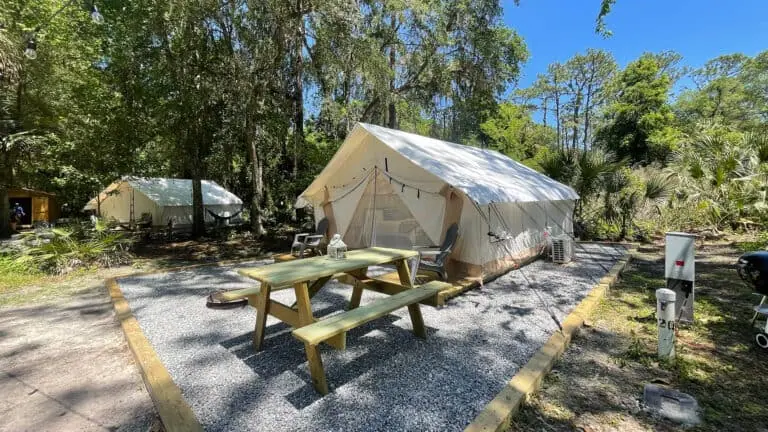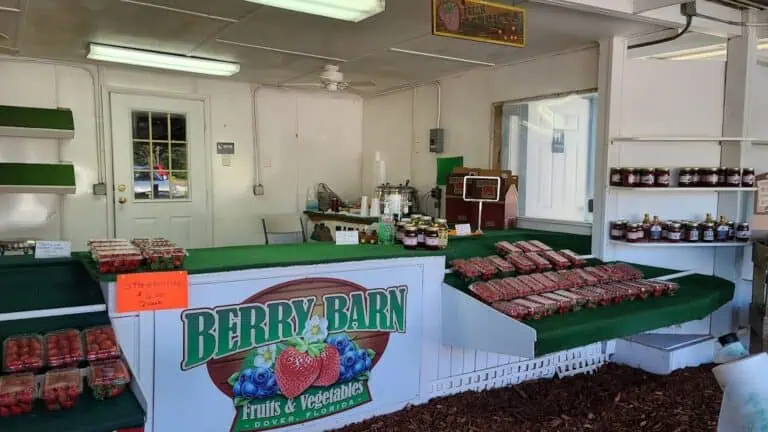For the first time ever, ZooTampa at Lowry Park has hatched endangered Komodo dragons, significantly increasing the numbers of the world’s largest lizard.
The six new dragons from mother Aanjay (age 13) and father Titus (age 12) started hatching Aug. 21, after a nine-month incubation. During this time, ZooTampa’s herpetology and veterinary teams monitored the eggs, which were about the size of a goose egg, by using candling imaging and genetic testing to ensure that the eggs were viable. They determined the sex of the dragons before they were hatched by obtaining a blood sample from the egg.
ADVERTISEMENT
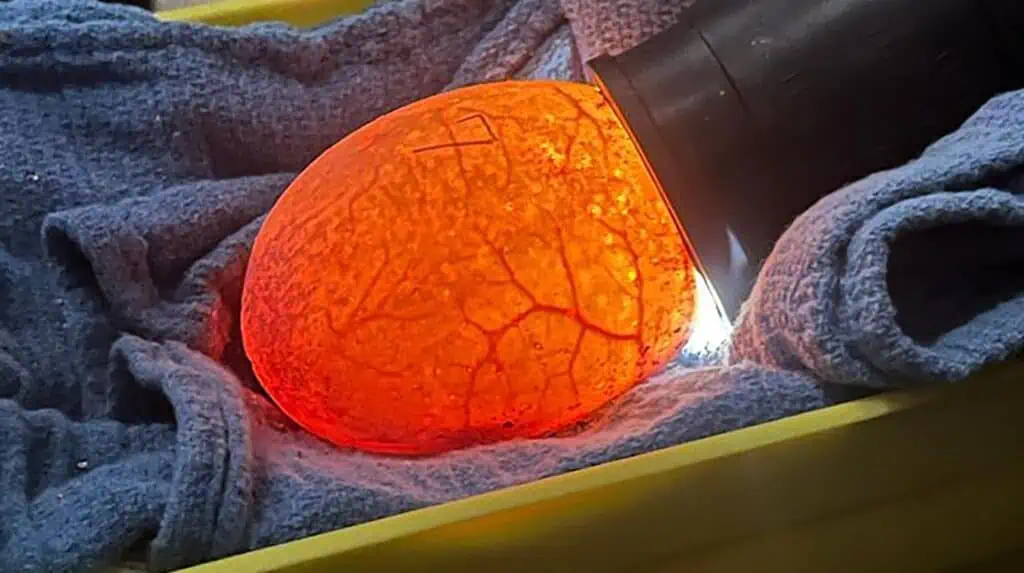
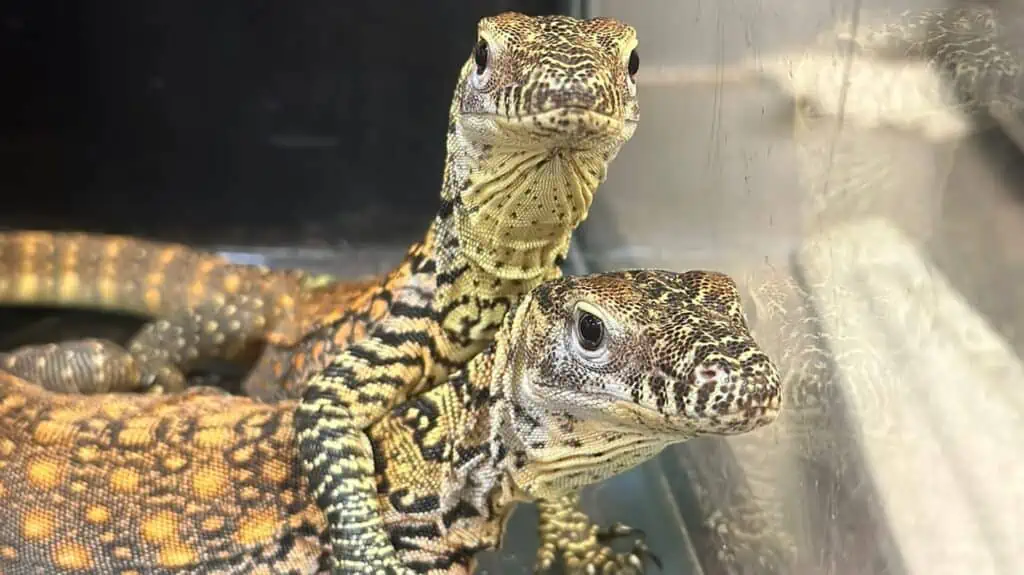
ZooTampa brings more Komodo Dragons into the world
The clutch of six hatchlings is made up of 3 females and 3 males, each weighing in around 100 grams and sitting at 10 inches long. The new baby Komodo dragons will be behind the scenes adapting and growing before meeting the public later this fall.
“These first-time additions at the Zoo are a big win for conservation,” said Dan Costell, associate curator of Herpetology at ZooTampa. “It was a long process, and we are excited that these additions to a key endangered species are finally here.” The breeding was recommended through the Association of Zoos & Aquarium’s Species Survival Plan program, a breeding program that helps manage the sustainability of animal populations.
“Being a part of the Species Survival Plan program, ZooTampa has a shared commitment to ensure the sustainability of a healthy, genetically diverse and demographically varied reptile population,” Costell said. “Komodo dragons are one of 99 species that we are working to save and protect at the Zoo as part of the SSP.”
Meet the largest lizards on Earth
Komodo dragons are the largest lizards on Earth, reaching up to 10 feet long and 200 pounds. The powerful lizards can run up to 12 miles per hour and have a strong venomous bite. They’re found natively only in the islands of Komodo National Park in Indonesia, and its habitats range from tropical island forests and beaches. They are endangered due to climate change and human activities such as agricultural expansion, resulting in loss of habitat. There are an estimated 1,400 adult Komodo dragons left in the wild.
What to read next:
- Oktoberfest, Pig Jig coming to Tampa’s waterfront parks
- Enchanted forest market coming to Plant City
- TPA finalist for Best Large Airport in America
- 60-acre Scream-A-Geddon Horror Park opens
- Tampa Halloween Events Guide
ADVERTISEMENT





